The End of the Federal Moratorium on Evictions
By Marisa Wojcik | Here & Now
July 30, 2021 • Northeast Region
Reporter Marisa Wojcik investigates the how the end of a federal moratorium on evictions during the pandemic could impact renters and landlords.
VIDEO TRANSCRIPT
Transcript Coming Soon.
 Passport
Passport




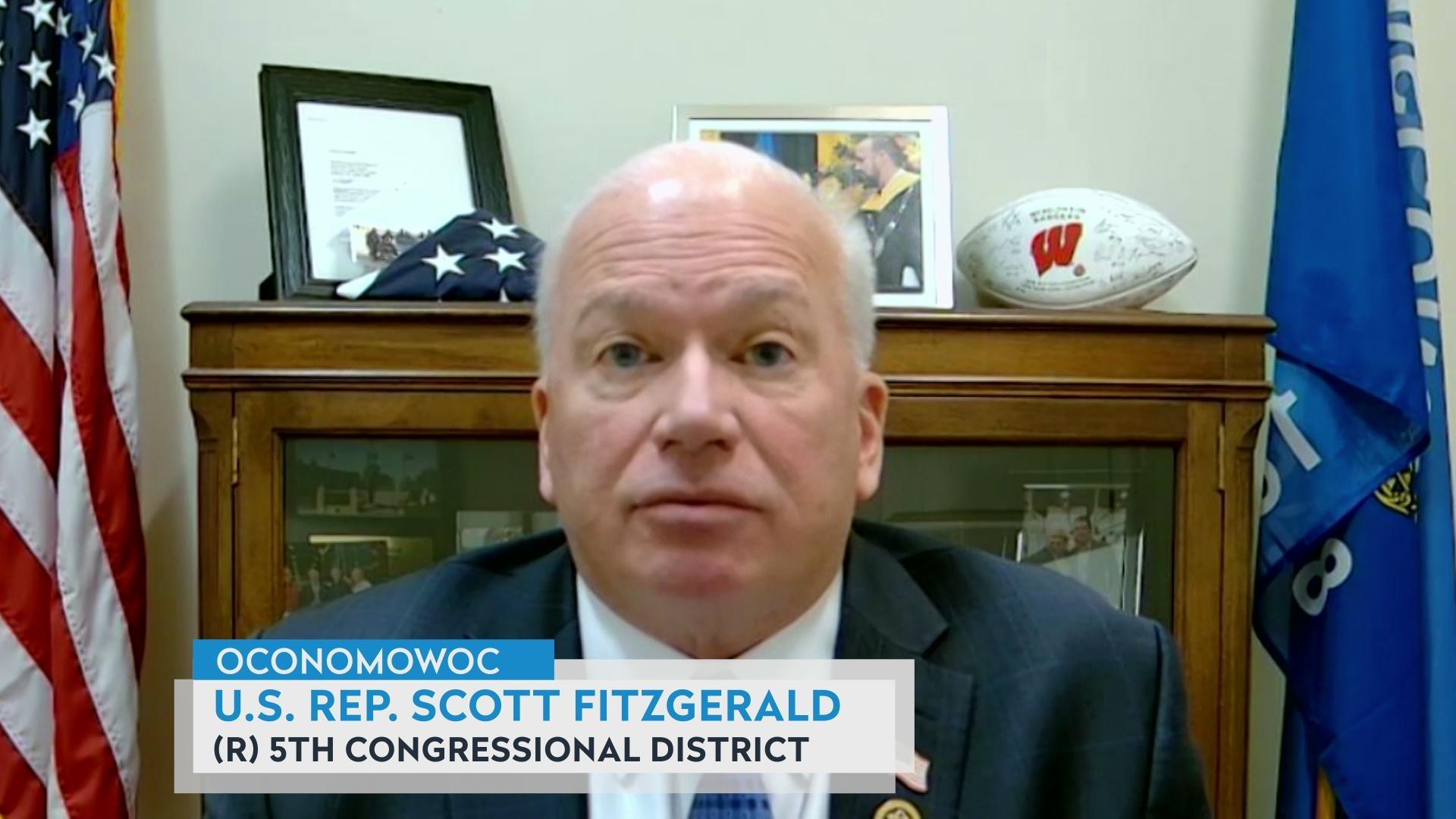
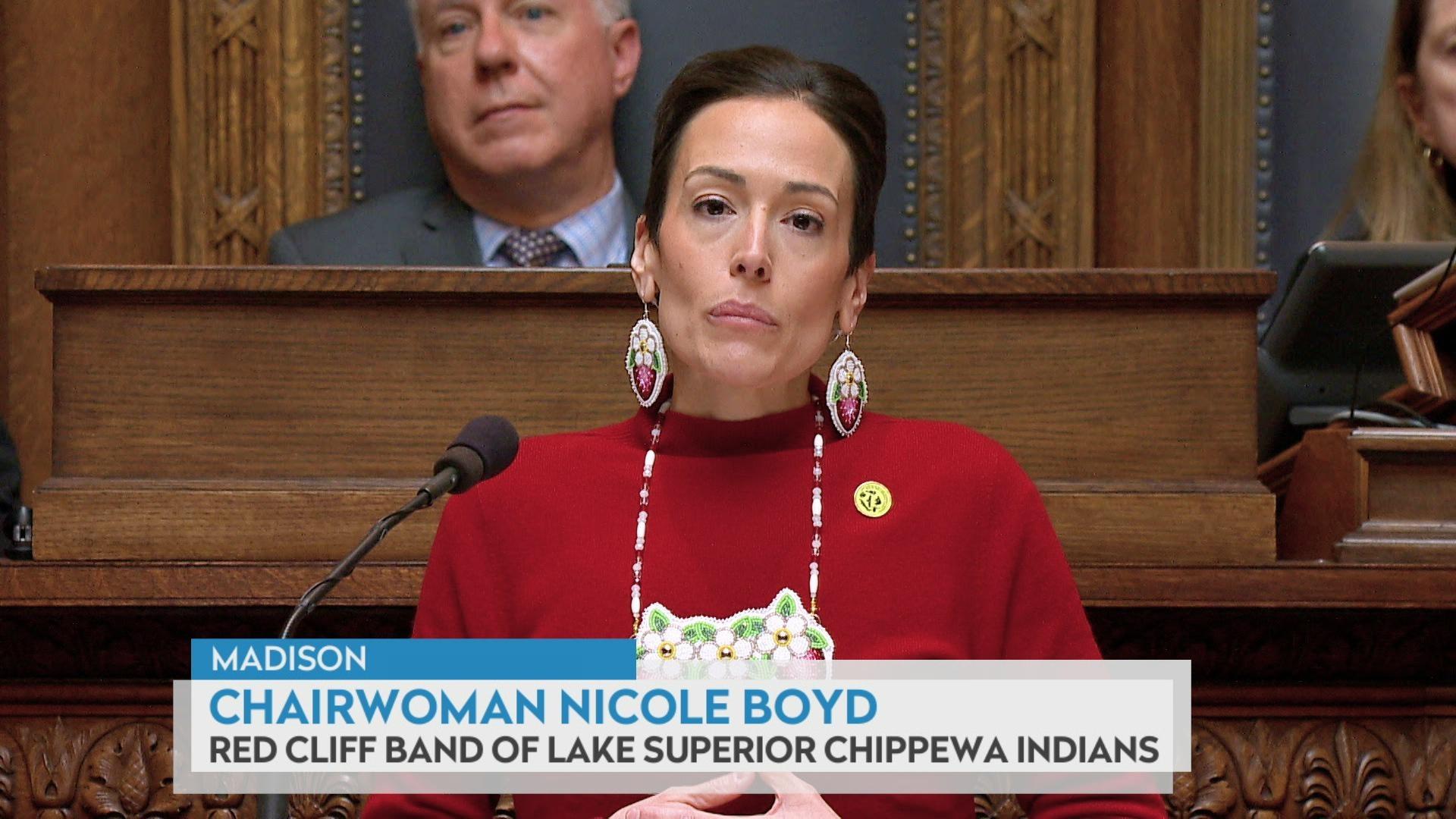
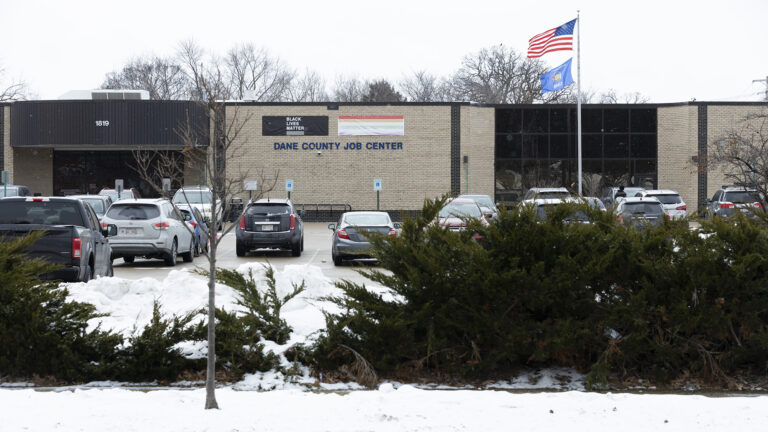
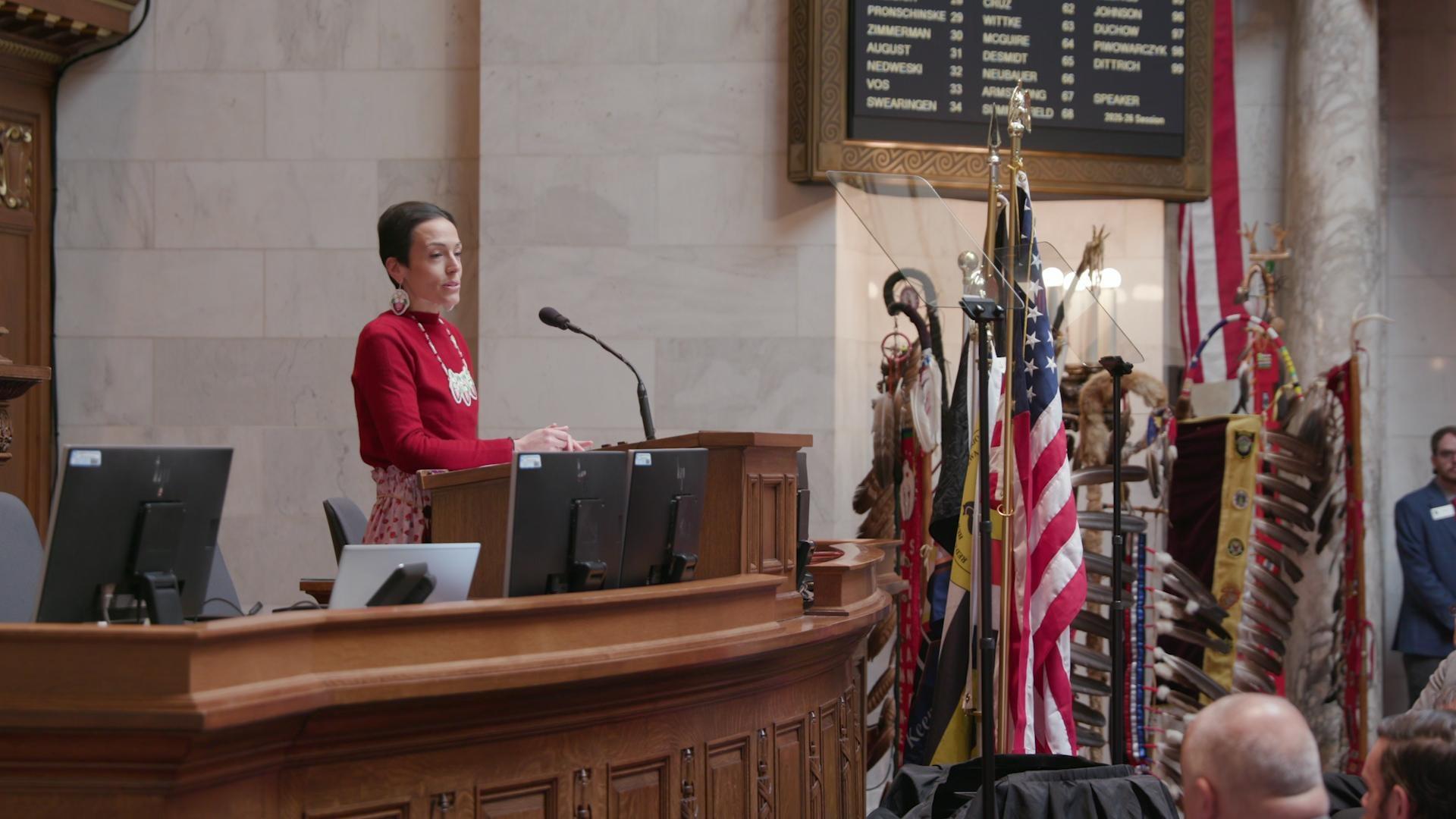
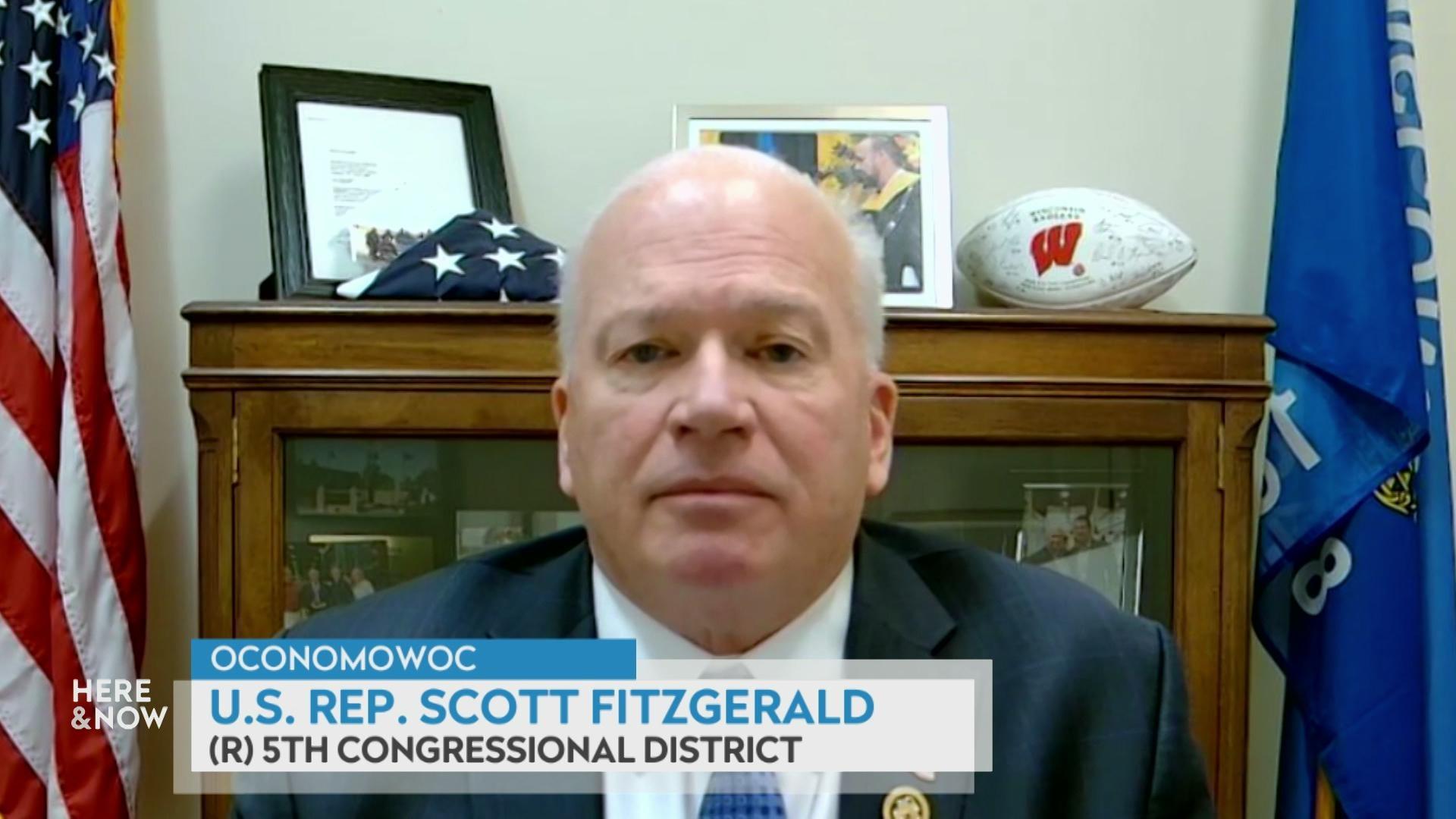
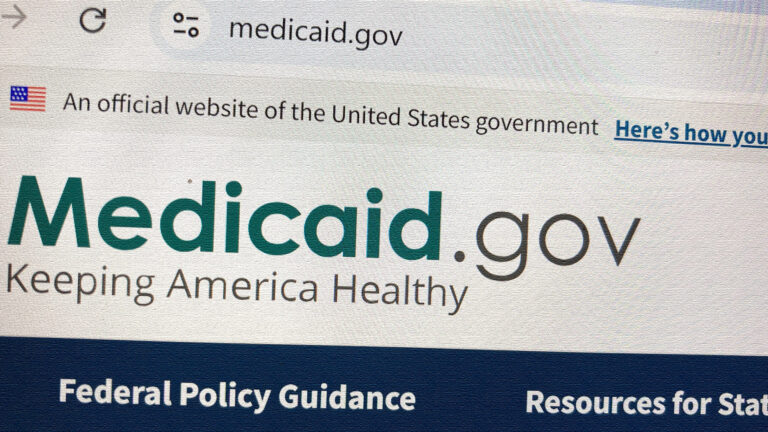

Follow Us